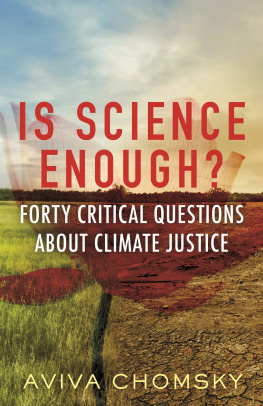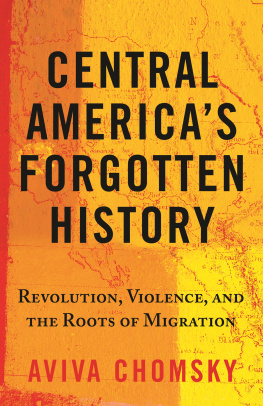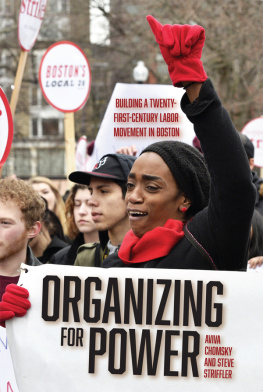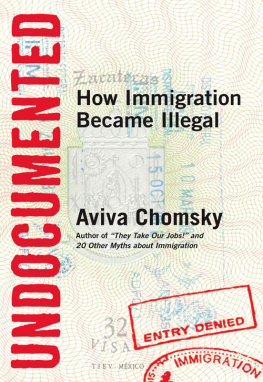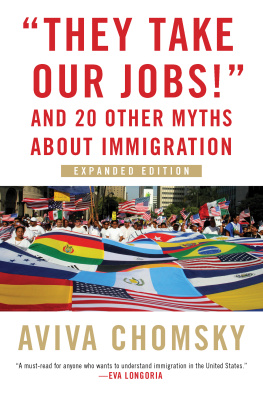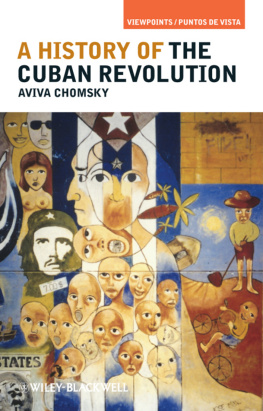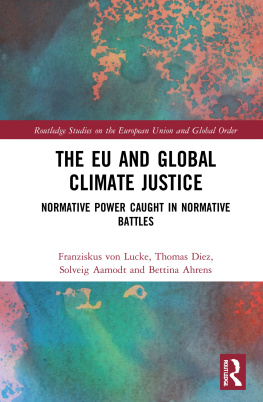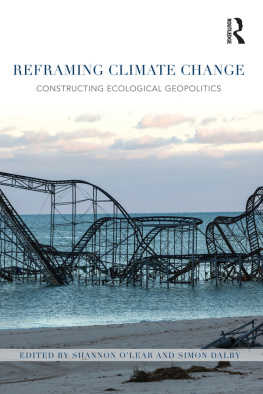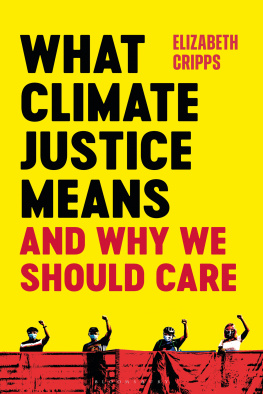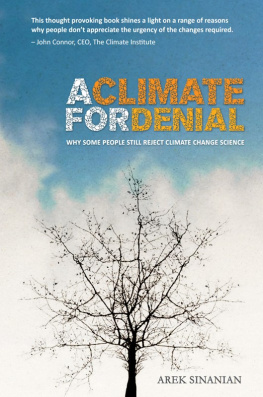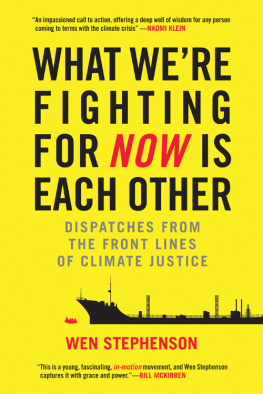Contents
Guide


To the next generation,
Ernesto, Mikel and Elio.
May we leave you
a better world.
INTRODUCTION
W e are facing a climate catastrophe. There are plenty of books, scientific reports, and articles out there that describe the damage weve already donethe droughts, the wildfires, the super-storms, the melting glaciers, the heat waves, and the displaced people fleeing lands that are becoming uninhabitable. Despite innumerable studies, proclamations, meetings, international agreements, and promises, despite scientific and technological advances in energy efficiency and alternatives, and despite huge investments in and the expansion of solar and wind energy and hybrid and electric vehicles, we denizens of planet Earth collectively continue to emit more carbon dioxide (CO2) and other greenhouse gases into the atmosphere each year than the one before. The discourse might be going in the right direction, but our actions are going in, decidedly, the wrong direction.
The climate crisis is the result of a social and economic system that relies on extracting and consuming the earths resources in ever-increasing quantities, and turning them into waste. Of course, every living creature consumes or absorbs resources and emits waste. But only humans have found ways to intensify the way we do it and developed ideologies and economies that promote unending expansion of the processes. Over the centuries, especially since the Industrial Revolution and the discovery of fossil fuels, weve made extraordinary leaps in production and consumption, as the worlds population has grown.
But not all of us humans play the same role in this process. Control of fossil fuels allowed some groups of people to expand their power and standard of living. Over time, some of those who were excluded, dispossessed, enslaved, and exploited by the process fought for, and achieved, a piece of the growing political and economic pie. In the process, they also increased their own fossil fuel use and their emissions. Still, today, the process of expansion, dispossession, and incorporation continues. The masters of the system consume more than previous generations could have dreamed of. The growing middle classes consume significantly less, but still far more than their grandparents or the large population that lives in extreme poverty.
No matter how much our technological wizardry advances, the resources of the planet are finite, as is its ability to absorb the waste we produce. For the first couple hundred years, industrializing areas of the world managed to outsource a large chunk of the social and environmental costs of their production and consumption. They colonized distant lands, dispossessed and enslaved workers, and devoted a significant portion of their technological advances to instruments of war to ensure their continued dominance. And they displaced the consequences of their profligacy onto future generations.
By the late twentieth century, resources were growing scarcer, waste was becoming more toxic, and the planets finite limits were finally being recognized. Scientists began to sound the alarm on the greenhouse effect, by which CO2 and other gases released into the atmosphere by burning fossil fuels and by cutting down forests was trapping more of the suns heat and warming the earths temperature.
This books contribution
Literature on climate change has proliferated over the past decade, as have popular awareness, media attention, political mobilization, and high school and university classes. Yet there is no single, short, accessible book that breaks down the complexities, terminology, disagreements, and issues in the debates for activists, students, and the general interested public. This book proposes to be such a primer.
I am not aiming at readers who question the science of climate change. Indeed, I will not delve into the science as there is already an ample literature that does this. Virtually every book on climate change, whatever its focus, begins with a chapter outlining what we know about the physical causes of climate change, the decades of science behind our knowledge, and the current and predictable future effects of increasing, stabilizing, or slowly decreasing CO2 emissions.
Yet many questions remain largely opaque to general readers who understand we are facing a climate emergency but may be fuzzy on technical, policy, and social justice aspects. What kinds of policies could lower emissions enough to avoid impending climate chaos? What steps amount to little more than greenwashing? What issues divide the labor movement and the environmental movement, with respect to climate solutions? How does climate change relate to social and racial justice, including global and domestic economic inequality, poverty, migration, violence, and economic development? We may agree on the immediate material causes of global warminggreenhouse gas emissions. But what are the structural factors that keep us on what most agree is a path towards self-destruction? Where should we focus our attention to change the path?
Understanding climate change in order to change it
Whats the cause of climate change? While the answer might seem obvious, this book argues that how we think about the causes of climate change matters a lot, because it shapes how we think about and organize to reverse an approaching climate catastrophe.
Global warming is caused by the increase in greenhouse gas (GHG) emissions that trap the suns heat. The more we fill the atmosphere with these gases, the more heat is trapped. Thats the technical explanation.
GHG emissions come primarily from the burning of fossil fuels, beginning with the extraction and burning of coal as the Industrial Revolution progressed in the nineteenth century and increasing through the extraction and burning of petroleum and natural gas in the twentieth. The late twentieth century saw massive increases in extraction of resources, and production and consumption of goods (for some), thus massive increases in the use of fossil fuels, bringing us to our current climate emergency.
If the science is now crystal clear that human activityextraction, production, and consumptioncauses GHG emissions that are progressively warming our planet and leading us towards catastrophic climate change, tracing this brief history suggests that the technical answer is only part of the picture. Growing use of fossil fuels may be the proximate cause of climate change, but what explains the growing use of fossil fuels? Is it population growth, which is bringing us close to eight billion inhabitants and growing fast, putting an ever-increasing strain on our planets resources? Is it the inhabitants of the United States, who collectively burn about a quarter of the planets fossil fuels every year, despite being home to less than 5 percent of its population? Is it the global 1 percent, the elite who overwhelmingly dominate high-emissions activities like air travel and luxury consumption? Or the top 10 percent, who produce over half of the planets emissions, while the poorest half of the planets inhabitants together produce less than 10 percent? Is it the fossil fuel companies, which have worked so hard to deny the science behind global warming? Is it the governments that enact policies and agreements that continue to promote high-emissions activities? Is it the corporations that dominate the global economy and exert outsized control over governments and international agencies? Is it humans? Industrialization? Capitalism? How we identify cause will play a big role in how we conceptualize what it is that we need to change.

